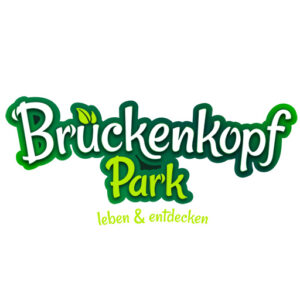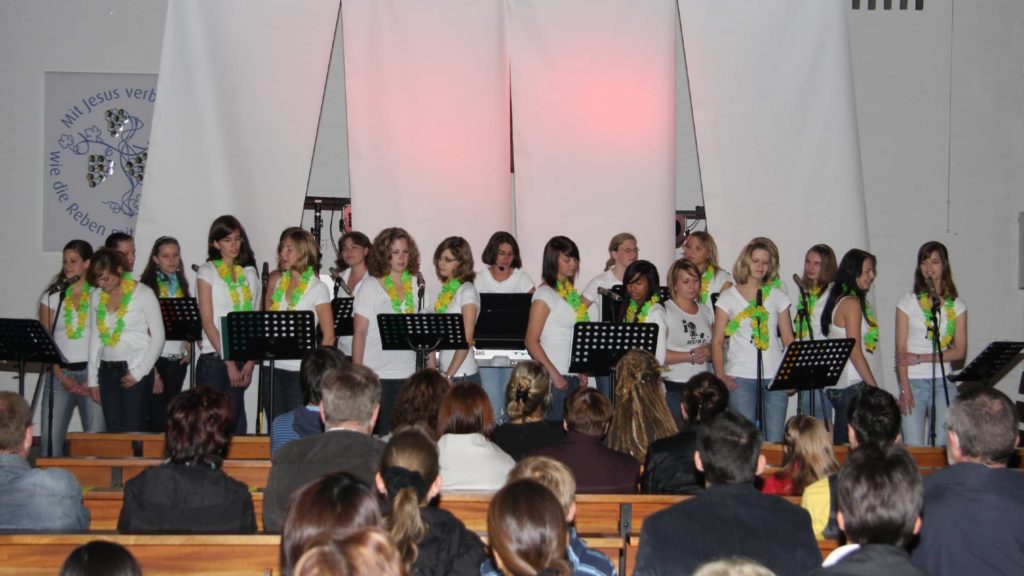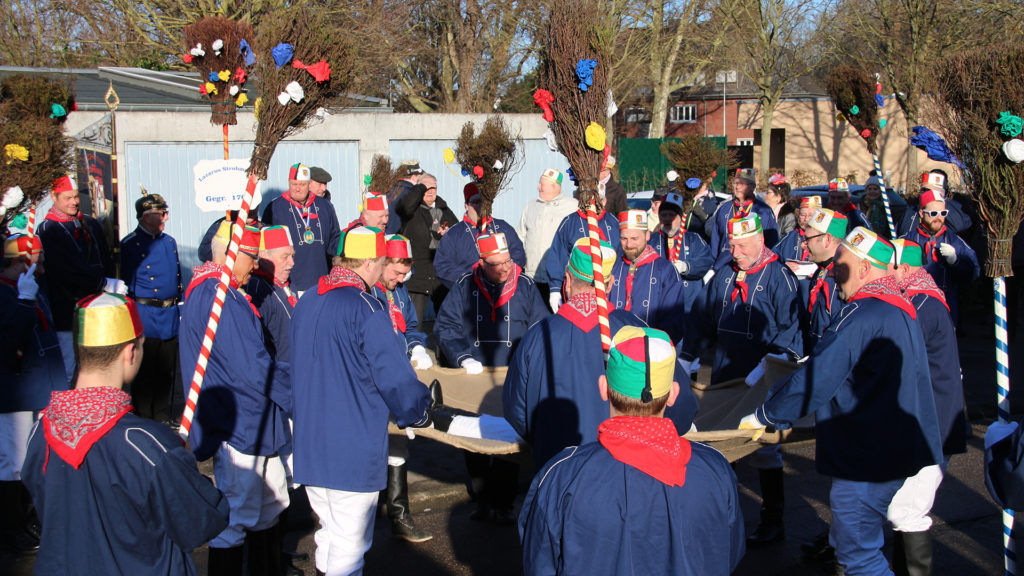The history of Jülich is inextricably linked to the city’s military significance and its fortifications, which have been continually adapted over more than 2000 years to meet changing strategic demands, particularly in securing the important bridge over the Rur.
The 2000-year history of Jülich has always been closely tied to the task of securing the strategically important bridge over the Rur. Since the beginning of the 4th century, when a late Roman fort was built on the eastern bank of the Rur, the fortifications had to be continuously adapted to the changing political and military circumstances. The architectural history of Jülich is a particularly impressive reflection of the development of fortification construction. From the late Roman fort, the Jülich Counts’ castle likely developed, which was destroyed in 1278, and from the growing settlement, the medieval town emerged. Remnants of the city walls and the Witch Tower from the early 14th century still stand today. In the 16th century, Jülich was entirely re-planned as a fortress city in the style of the Italian High Renaissance, complete with city fortifications, a citadel, and a residence palace.
In the 19th century, when Jülich was under French and later Prussian control, the fortifications were continuously expanded. French troops, who occupied Jülich from 1794 to 1814, added a further defensive ring around the city and citadel, which included small forts (lunettes) and a bridgehead. The bridgehead was designed to protect the western flank of the city and the Rur Bridge. Constructed in the traditional “Crownwork” style, with water moats and a forward wall, the fort also introduced the innovative defensive measure of flooding the glacis (the area in front of the fortress) as part of its defense strategy.
After the French occupation and the incorporation of the Rhineland into France in 1801, the French began expanding the crownwork, adding casemates and gun positions. However, after Napoleon’s defeat and the transfer of the Rhineland to Prussia in 1815, the fortress lost its military importance. In 1860, the city fortifications were dismantled, and the bridgehead lost its defensive function. In the 20th century, the site was used as a training ground and later transformed into a leisure and recreation area. Parts of the bridgehead were restored, and in 1998, as part of the State Garden Exhibition, it was comprehensively restored. Today, the bridgehead is an important site for visitors, offering tours and exhibitions.
















